Sunday, October 15, 2017 (1 a.m.)
I hardly have time these days to keep up with new films and music, and going out to hear live music, even by a songwriter of my generation, is a rare pleasure. The recent death of Tom Petty crossed him off the list of songwriters I’ll ever have a chance to listen to in concert. The irony that he just finished a triumphant concert tour with three shows in Los Angeles is more poignant than I care to dwell on. But I am undergoing a “time famine” at this point, and even if I had been informed on the strictest secrecy that these were going to be his final performances, I would not have been able to attend, any more than I was able to attend in person the memorial tribute to Sam Shepard that Darrell Larson organized at the Bootleg Theater on Monday, October 2. I did buy tickets to the event, but ended up having to watch long distance. The drive after a long day of teaching was more than I could surmount.
It was a fitting and largely understated tribute to a writer I never met, but whose poetics influenced me far more than many contemporary poets. Beth Ruscio and Leon Martell read a scene from The God of Hell with exquisite timing and feel for the groundswell of social chaos about to erupt on a placid dairy farm. John Densmore and Alan Mandell followed up with an extract of Tongues. A childhood friend who had lost touch with him spoke of “Steve” Rogers as someone with whom he rode his bicycle to the Southwestern Museum. I didn’t jot down the name of the actor who read a passage from Shepard’s prose about waking up in the night with blue thermal socks on his feet, socks that had been “pilfered from some movie set.” Crouched on the edge of his bed, Shepard’s narrator reflects on 4 a.m. wake-up calls to play characters who now seem at a distance to be more like “violent love affairs.” Shepard’s sisters were present. Roxanne spoke with quiet humor of how she learned of her brother’s youthful success as a writer and how it caught her off-guard to discover how highly regarded he was by her peers. Murray Mednick evoked an echo of late evenings at the Padua Hills Festivals in the foothills above Claremont back in the late 1970s as he shook a rattle in a farewell summoning.
Last weekend Linda and I visited her sister, Brenda, and helped her siblings clear out her tiny apartment in Topanga. There was a small birthday party at the trailer where she is living now. Some local musicians played music and sang songs, including a haunting version of Petty’s “Free-Falling.”
Returning from that trip, I had more school work to do than I ever anticipated, in part because the committee assignments are badly distributed by those in charge of what is called self-governance in academia. Finally, towards the end of this week, I went to visit my mother. Her decline has slowed somewhat, though it appears that her vision is beginning to diminish.
Along with millions of other people in California, I feel a profound trepidation over the unfathomable intellectual shallowness of the current president of the United States. I am convinced that he wants to start a war so that he can eviscerate the civil rights of anyone who speaks up against it, seize their property, and utterly destroy our lives. I still cannot believe how people could ever have voted for someone who is so obviously a narcissistic thug.
In the meantime, the wildfires in Northern California left me almost sleepless with worry that my first wife’s trailer was in one of the trailer park that was completely leveled by the onslaught. It turned out that her trailer was spared, at least in the first wave of fires, but neither could be certain about the fate of another friend, who lived in Kenwood. The night before I learned of the fires, I had a dream that I saw Cathay in our old apartment in Ocean Park, and there were tears in her eyes. When I heard about the thousands of structures that had burned down, I feared that the dream was a foreshadowing of her residence having been one of the victims of this enormous conflagration.
It is now close to 1 a.m. on Sunday, October 15. I had tried to go to sleep two hours ago, but sensed that someone was peering through our window, and am still convinced that someone was there, especially since a motion light came on just as I got close enough to the window to peek outside. I tried to meditate afterwards, and will do so again after I post this. May your evening, late as it might be wherever you are, be ready to accept another beginning. This last sentence is a variation on one of the sentences I heard from Shepard’s writing during his tribute. So many of us miss him more than we ever expected to.
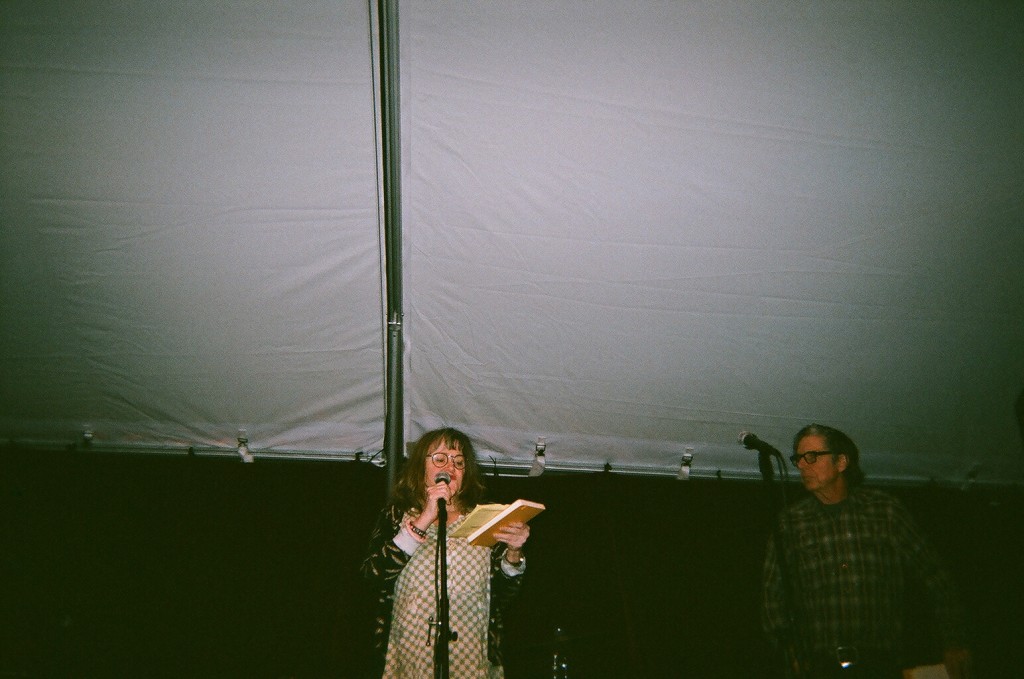
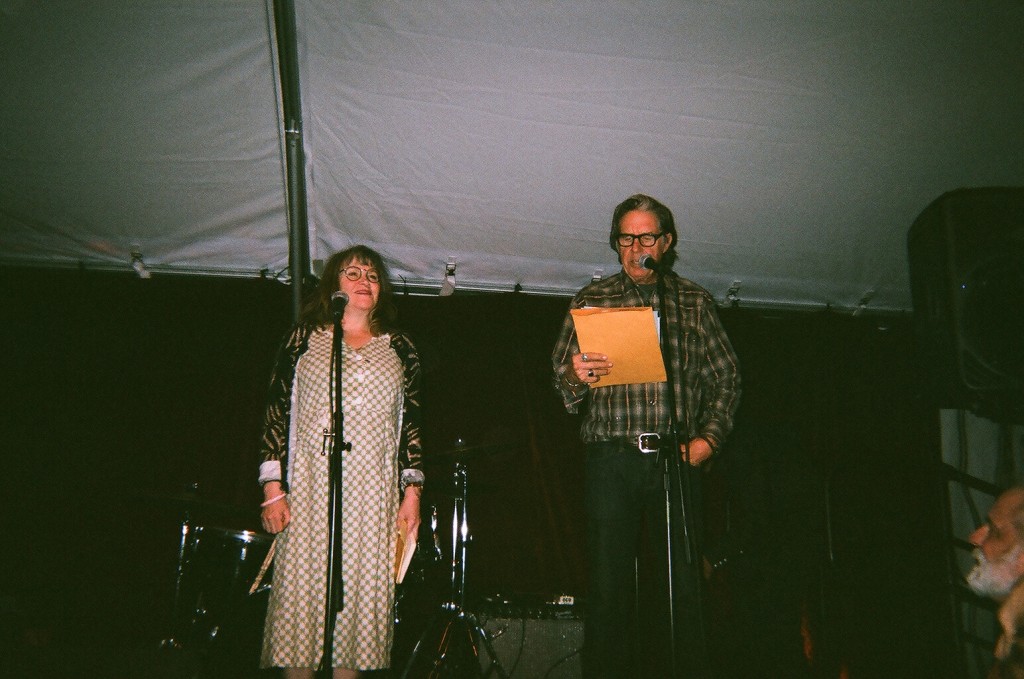
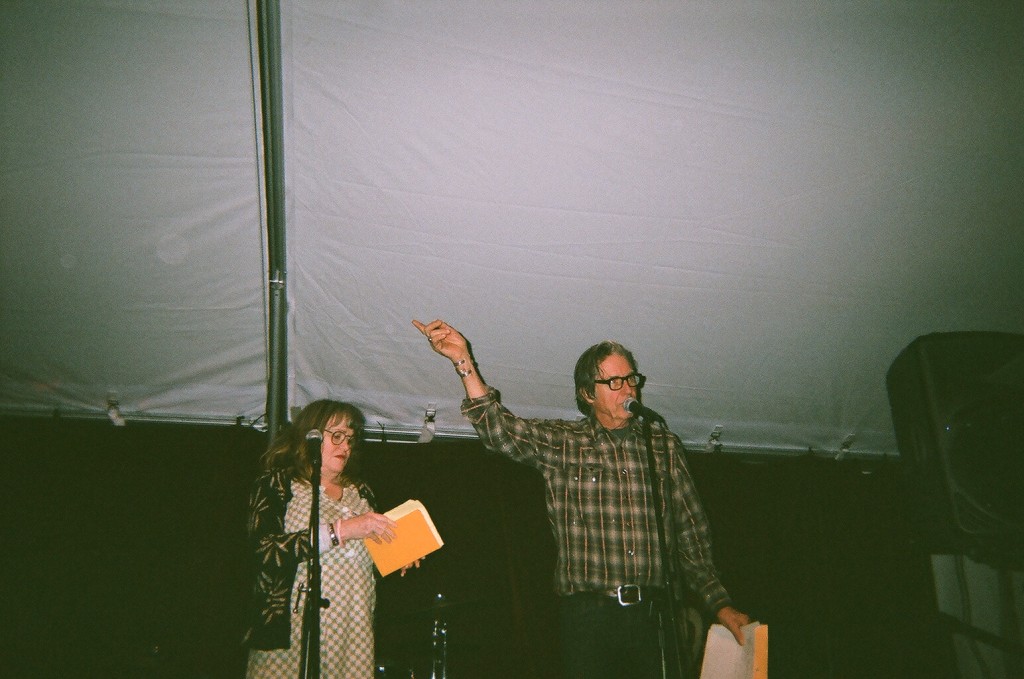
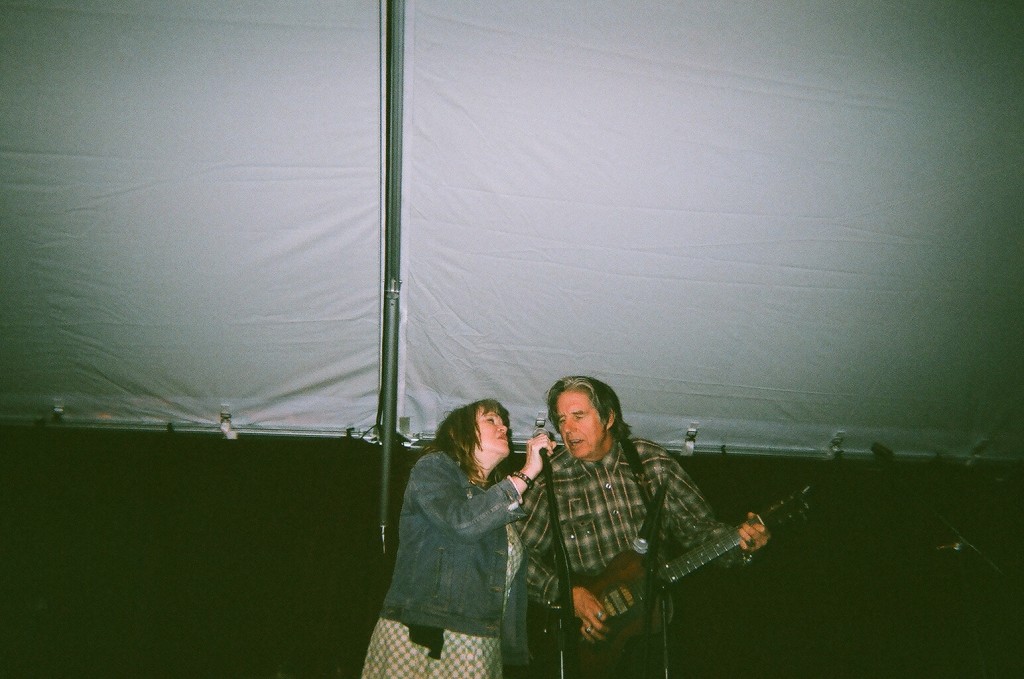
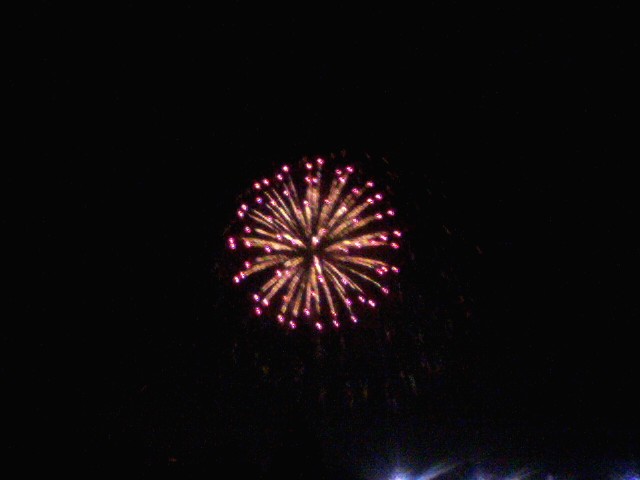
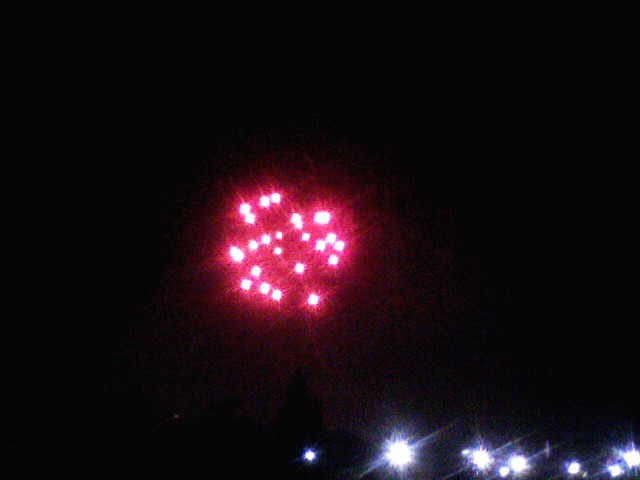
 About Bill Mohr
About Bill Mohr